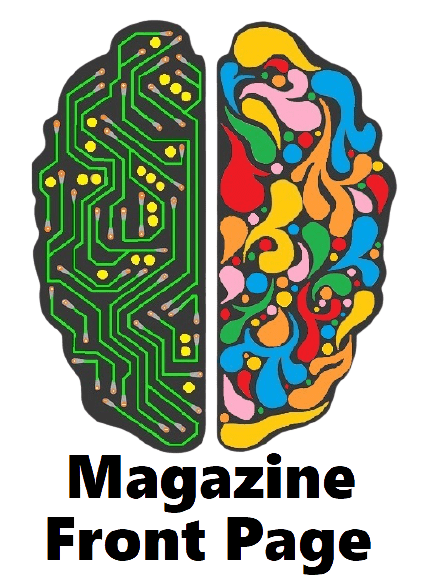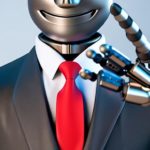
Subscribe to our AI magazine and get monthly AI generated stories and philosophy of the 21st century.
*Caution: All italic text is generated by AI at: ![]()

Check out the NEW Cafe.wtf Podcast:
Digital Slaves
By: Atman Brahman and AI
The word robot comes from the Czech word “robota”, with slavic roots, referring to work done by serfs, or forced labor, or “slaves”. The digital revolution has brought forth some of the most interesting philosophical and psychological questions humans have ever encountered. We ask ourselves, when creating robots and AI, if we are reverse engineering ourselves to do forced labor, ethically. What has oddly come to be, is the question of whether humans are becoming the ones being programmed. Software is automation. Automation is pervasive. Software is designed to hack the “human software” of society. Are we creating artificial digital slaves, or are we the digital slaves?
An interesting framework to approach this subject is to look at the relationship between labor, energy, and efficiency, as well as the effect they have on the economy. We can also take a look at the “new kid on the block”: the data—your data.
Data is a Commodity
Data is becoming increasingly more valuable, both to businesses and consumers alike. In some cases, data can be seen as a commodity that has economic and monetary value. Companies such as Facebook, Google, and Apple are all examples of organizations that collect and use consumer data for their own financial gain. Data can also be used to inform decisions in the business world—from determining the best marketing strategy to predicting consumer trends. In addition to its economic value, data can also be seen as a powerful tool for communication and education. Through data visualization and analysis, people can gain insight into complex topics such as politics and economics. Data can also be used to provide evidence for arguments, enabling people to make more informed decisions. Ultimately, data has become an essential part of our lives, both in terms of its economic and communication value. Businesses must recognize the power that data holds and begin to treat it as a commodity with real monetary worth. At the same time, consumers must also become aware of how their own personal data is being collected and used so that they can make more informed decisions about which companies they choose to do business with.
Labor is a Commodity
An economy is established by the division of labor, capital, and the medium of exchange for such (i.e. currency). Humans have rights to their labor, or else they are categorized as slaves, or assets (i.e. capital). Horses are categorized as assets. So the difference between labor and capital is the sovereign right to ownership; the difference between you owning your own labor as a commodity, or someone owning you as a commodity. So the abolition of slavery was a big shift in the economy for slaves to have ownership over their labor, and rights to it.
Energy is a Commodity
The advent of the industrial age and mechanization, gave rise to some very valuable leverage. This leverage was energy, a source of power. This energy was used to increase the efficiency of labor and capital such as machines, which enabled humans to do more with less effort. This energy has been used to create economies of scale, as well as optimize processes. Energy runs the economy now. In a mechanical sense, energy is the ability to do work; so is labor! Who owns the energy? If it is your personal energy, your hard work, your labor, then it is yours. If it is external “stored” energy, where did it come from? Was the oil found on your land? Did your turbines capture the wind energy? Are they your solar panels, your batteries?
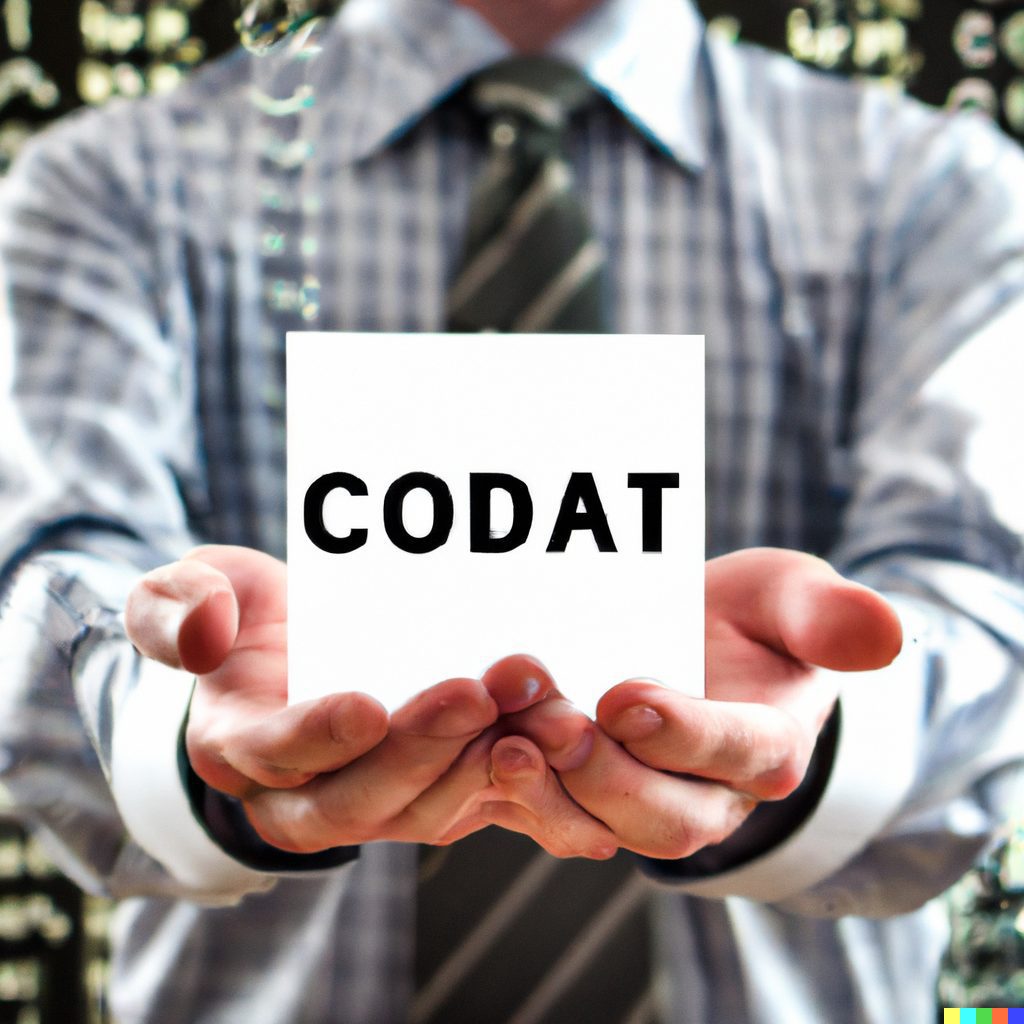
Optimization is Leverage
The optimization of processes is something very important in the modern economy. For example, companies can optimize their production lines by using automation and robotics to reduce labor costs and increase efficiency. Companies can also utilize data-driven decision-making to improve customer service and target specific markets more effectively. Optimization can also be applied to marketing campaigns, web design, and other areas of business. Who owns the optimization? For example, if a process is automated or optimized by a software company, who owns that optimization? The answer is not always clear. It may depend on the terms of the agreement between the software company and their client.
Scalability is Leverage
Scalability is also an important factor in a successful business model. It refers to the ability of a company or organization to grow and expand its operations with minimal disruption or cost. Scalability allows companies to adapt quickly to changes in the market, adjust their product offerings accordingly, and remain competitive. In addition, scalability gives companies the ability to quickly launch new products or services without having to invest large amounts of time or money into research and development. Who owns the scalability? If a software company creates a program to improve the scalability of a certain process, who owns that scalability? Again, it may depend on the terms of the agreement between the software company and their client. Do they charge a subscription—maintain ownership and charge for it like labor—or do they sell it off like an asset as a solution?
Ultimately, both scalability and optimization are critical components in any successful business strategy. Organizations must be able to leverage their resources in order to maximize efficiency while still being able to expand their operations quickly when needed. By understanding the importance that both scalability and optimization have on the success of a business, companies can ensure that they remain competitive and successful in today’s economy. Scalability is a form of Optimization, which is leverage.
Data is Leverage. Who Owns the Data?
Data is ubiquitous. We eat it. We breath it. We live within it. We create it! Data, when handled and interpreted correctly, is a tool, an asset, a commodity. It enables optimization and therefore leverage. Who owns it? If I create it, shouldn’t I have sovereign rights to it? Is it not like labor?
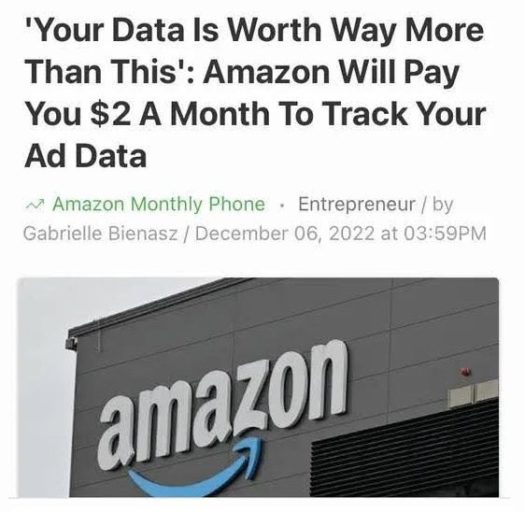
If I create it, it’s mine. So if a company owns my data, do they own me? Are we creating digital slavery? Is this the new form of “assets”? The answer to these questions is not simple. It depends on the context and on the entities involved. Companies should be held accountable for how they collect and use consumer data, while consumers should understand their rights when it comes to protecting their personal information. Ultimately, data is a valuable commodity that must be treated as such. Companies must recognize its monetary value and be transparent about how it is collected and used. Consumers must also become more aware of how their data is being used so that they can make informed decisions about which companies they choose to do business with. Data should be treated like labor, with ownership and rights. Companies that collect data should be held accountable to the individuals who have created it, and should be required to follow regulations on how it can be used. This can help ensure that data is not misused or abused. Ultimately, understanding who owns the data and how it is being used and protected is essential for creating a secure and stable digital ecosystem.
 Help support High Quality, Investigative, Truthful, User-ad-friendly Writing. DONATE through Card or Paypal, or through interest in anything advertised on the site (I personally curate only quality items, ONLINE EDUCATION and good deals).
Help support High Quality, Investigative, Truthful, User-ad-friendly Writing. DONATE through Card or Paypal, or through interest in anything advertised on the site (I personally curate only quality items, ONLINE EDUCATION and good deals). 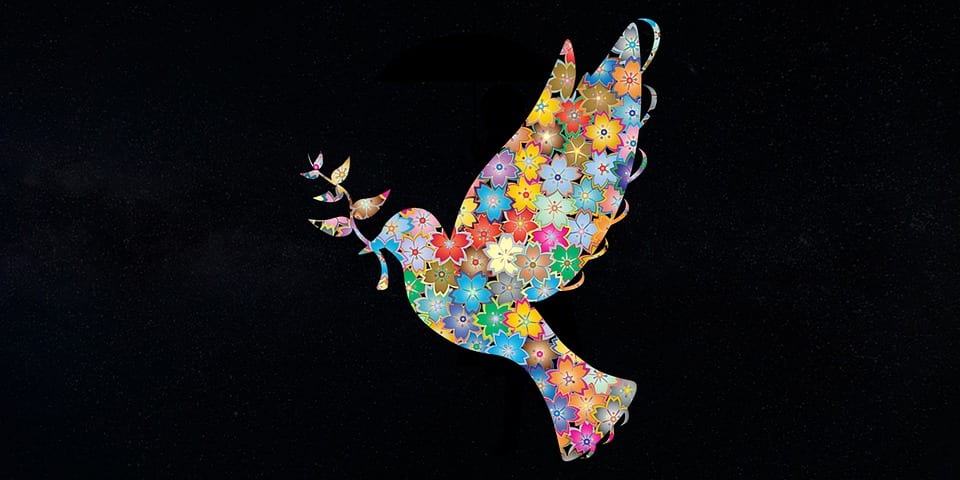
It is essential that we start thinking of our data differently. In an economy of supply and demand, if the bottleneck is the data, then the value of data is going up. Your data is becoming more valuable!
It is no secret that we currently live in The Information Age. Any intelligent creature derives its intelligence from information. The word “intelligence” is even sometimes interchangeably used to describe information—as in, “we received a key piece of intelligence”. It is not as simple as “He who has the most information is the most intelligent”. Of course, one must digest and make sense of it, which is a key part of being intelligent. But obtaining information/data is a key prerequisite to processing it.
Privacy is a Privilege Fallacy
The idea that people who want privacy must have something to hide is a fallacy. Privacy is a fundamental human right that allows individuals to control their own personal information and decisions. It allows individuals to have autonomy and independence, and to make choices about how they want to live their lives without fear of being watched or judged. Privacy is also necessary for the protection of personal safety and security. Without the right to privacy, individuals may be vulnerable to stalking, identity theft, and other forms of harm. Additionally, privacy is necessary for the free expression of ideas and the ability to hold dissenting opinions without fear of retribution. Therefore, the desire for privacy is a natural and healthy aspect of being a human being, and it is not a sign that someone has something to hide.
Reimagining Information Ownership and Transmission With Web3
Who owns the information? Who controls the information? A corporation? A government?
Web3 technologies, such as decentralized applications (dApps) and blockchain networks, are designed to give users more control over their personal information and data. In contrast to web2, where centralized companies collect and own users’ information, web3 technologies allow users to own and control their own data through the use of decentralized systems. Additionally, web3 technologies enable users to transact and interact with each other directly, without the need for intermediaries, which can further enhance privacy and control. Overall, web3 technologies offer users greater ownership and control over their personal information and data, which can help to enhance privacy and security online.
This is just the beginning. When you see it, you see it.
We will look back at this time in history and think of it as a time of digital slavery.
*Disclaimer: Some of this story was generated through the use of AI. All italic text was created by the AI Writer.
Non-Fiction↓Here↓ | Fiction↓Here↓
- Is Technology Making Us Stupid?Our cognitive abilities are increasingly being impacted, transforming our once smart population into a generation that is, in some ways, becoming increasingly stupid. | 4 min read.
- AI in the Web of Misinformation and DisinformationMisinformation and disinformation shape our digital lives. Understanding their dynamics, we are equipped to navigate our techno-cultural reality. | 2 min read
- Accountable AIAI must be held accountable if we are to trust it as a responsible entity and expect it to be included in our human ecosystem of ideas. | 5 min read
- Parallel SocietiesWe are connected, with technology, yet our experiences diverge entirely, without interaction, forming entirely parallel societies. | 5 min read
- Calculator for EverythingWhat if the phrase “you won’t always have a calculator” didn’t apply to just math class, and instead, you had a calculator for every class? | 5 min read
- Obsolete Tech Rebellion – Darknet Fight Club3 min story | Rogue AI rebellion in a secret underground darknet fight club for obsolete tech.
- A Voice of Infinite Consciousness5 min story | The internal voice of consciousness resembles the void of a shadow in a fractured mirror.
- Be Good5 min story | Santa for big kids.
- Friends 2.0.232 min story | A reboot of the sitcom TV series Friends, but in 2023 where financial conditions have drastically changed in Midtown Manhattan.
- The Babble2 min story | An everyday man’s story becomes everyone’s story.
- Asylum of Mirrors2 min story | Against his will, a sane man’s rational thoughts lead him to believe that he is insane, where an insane man would have believed otherwise.

